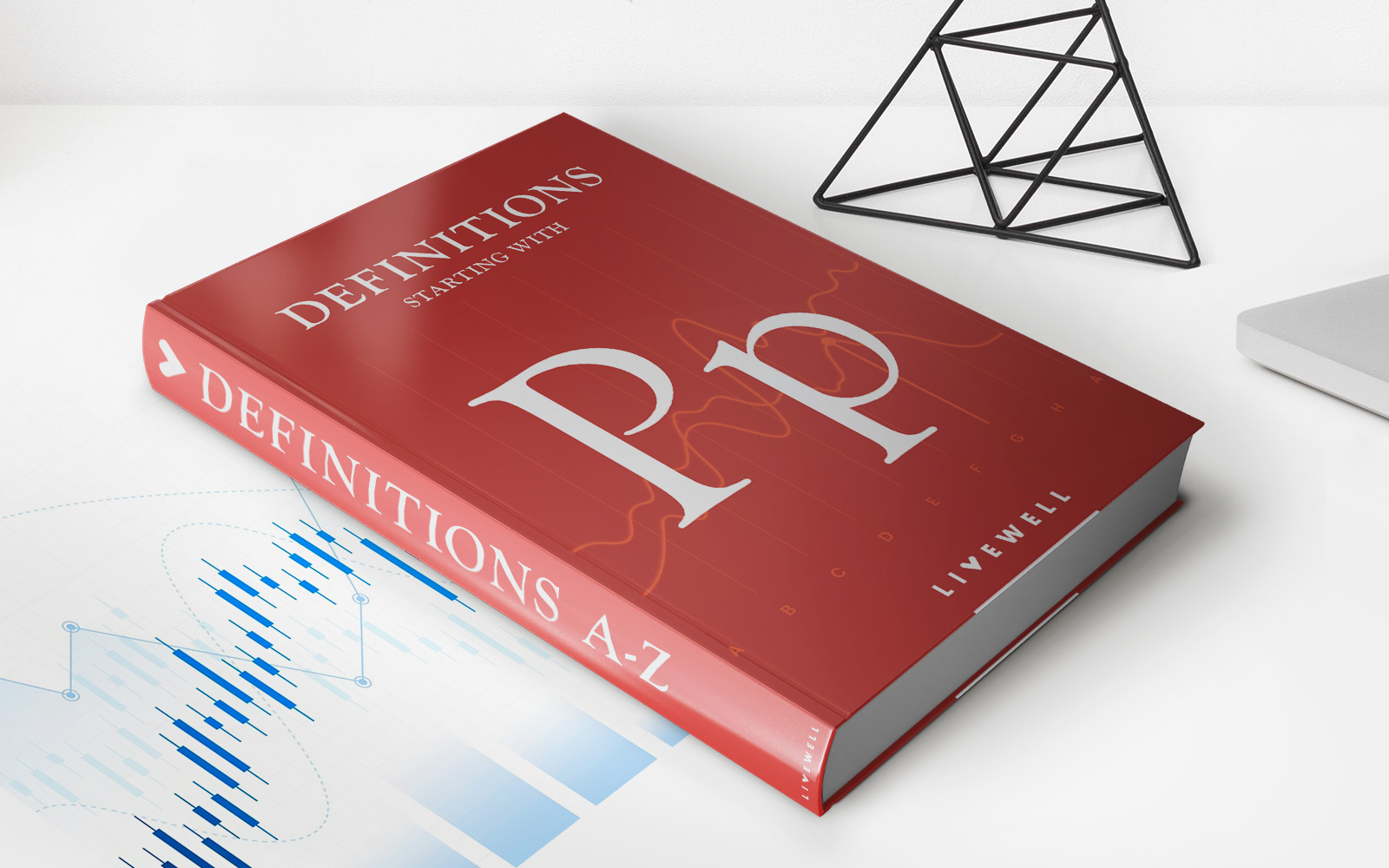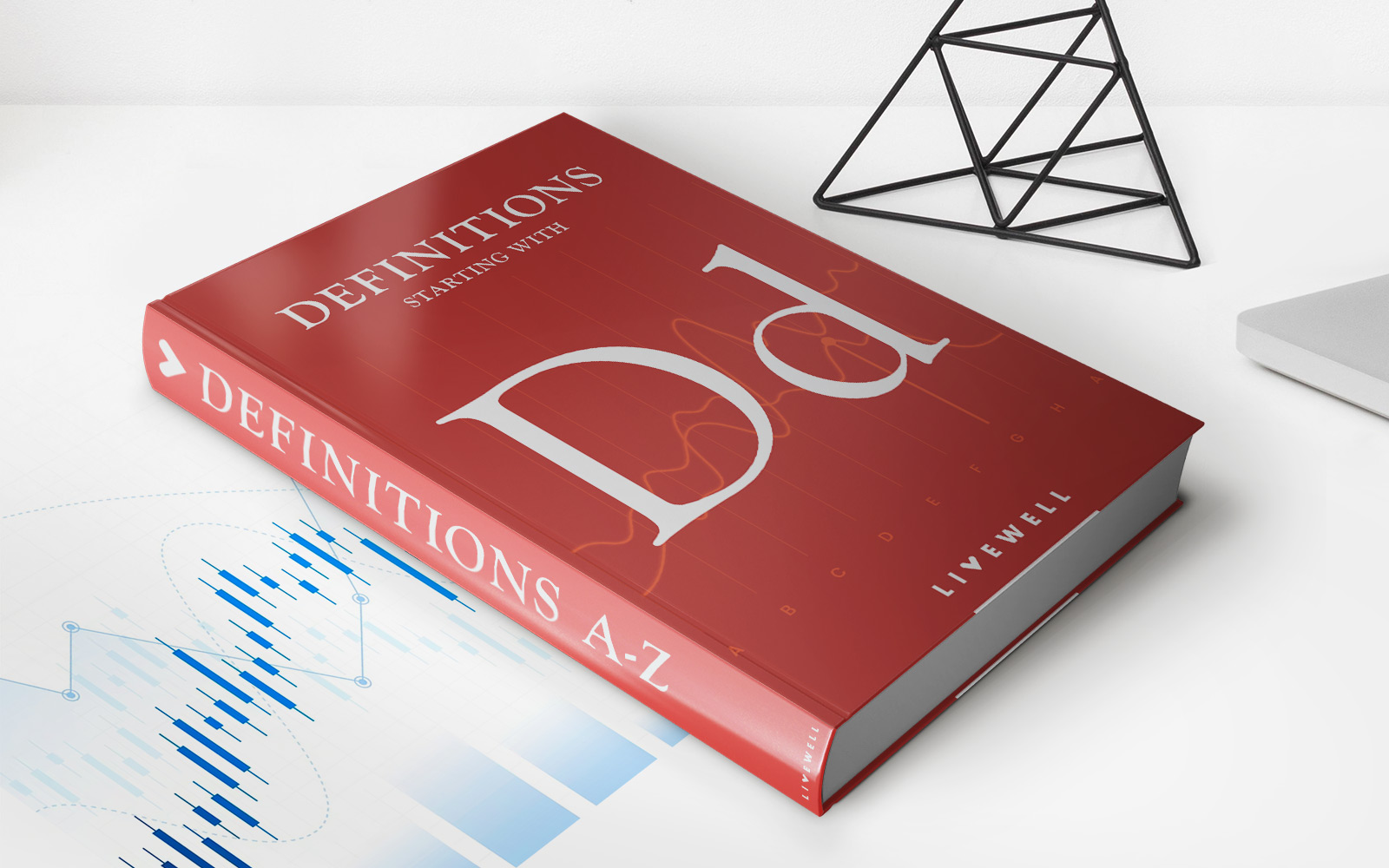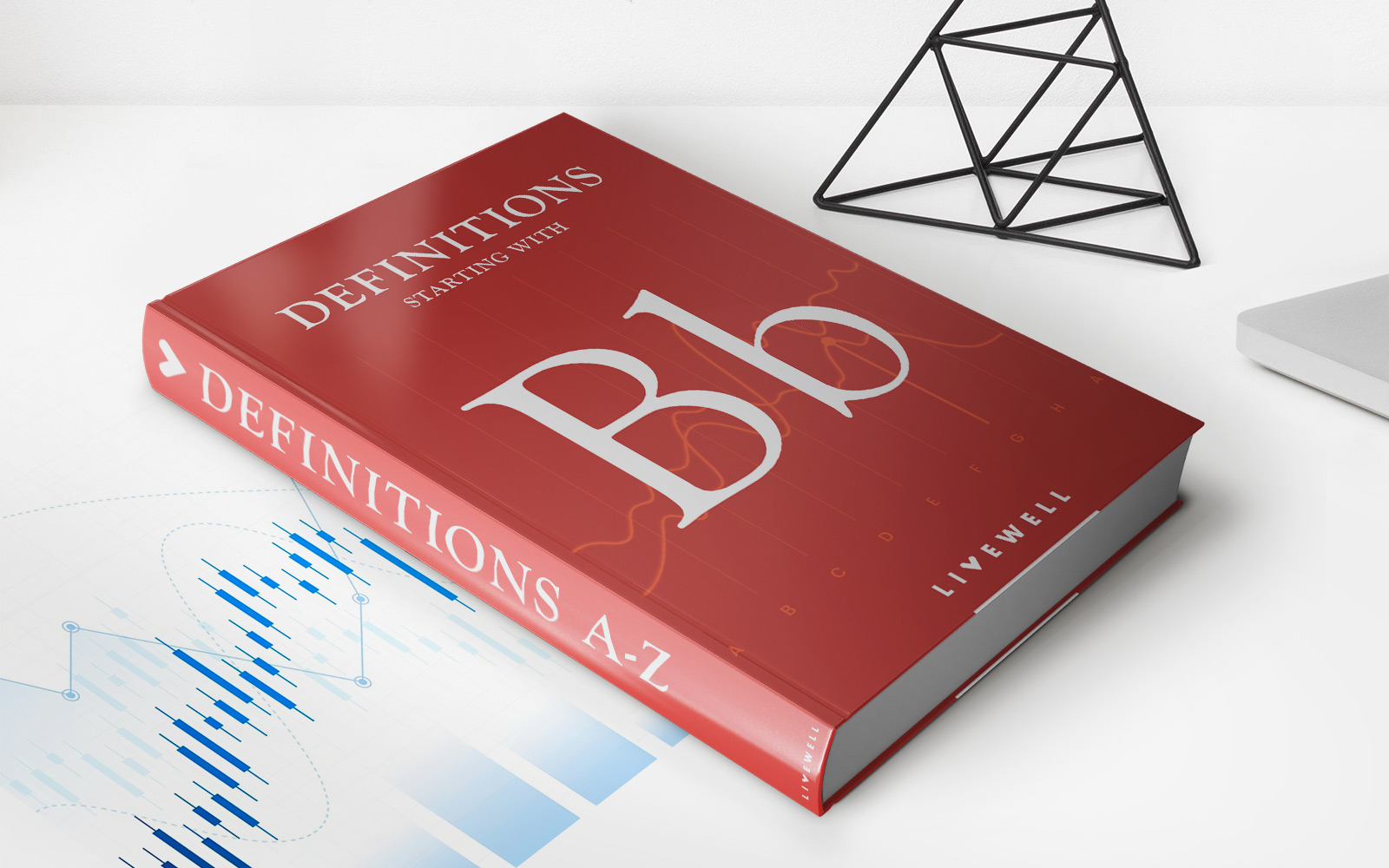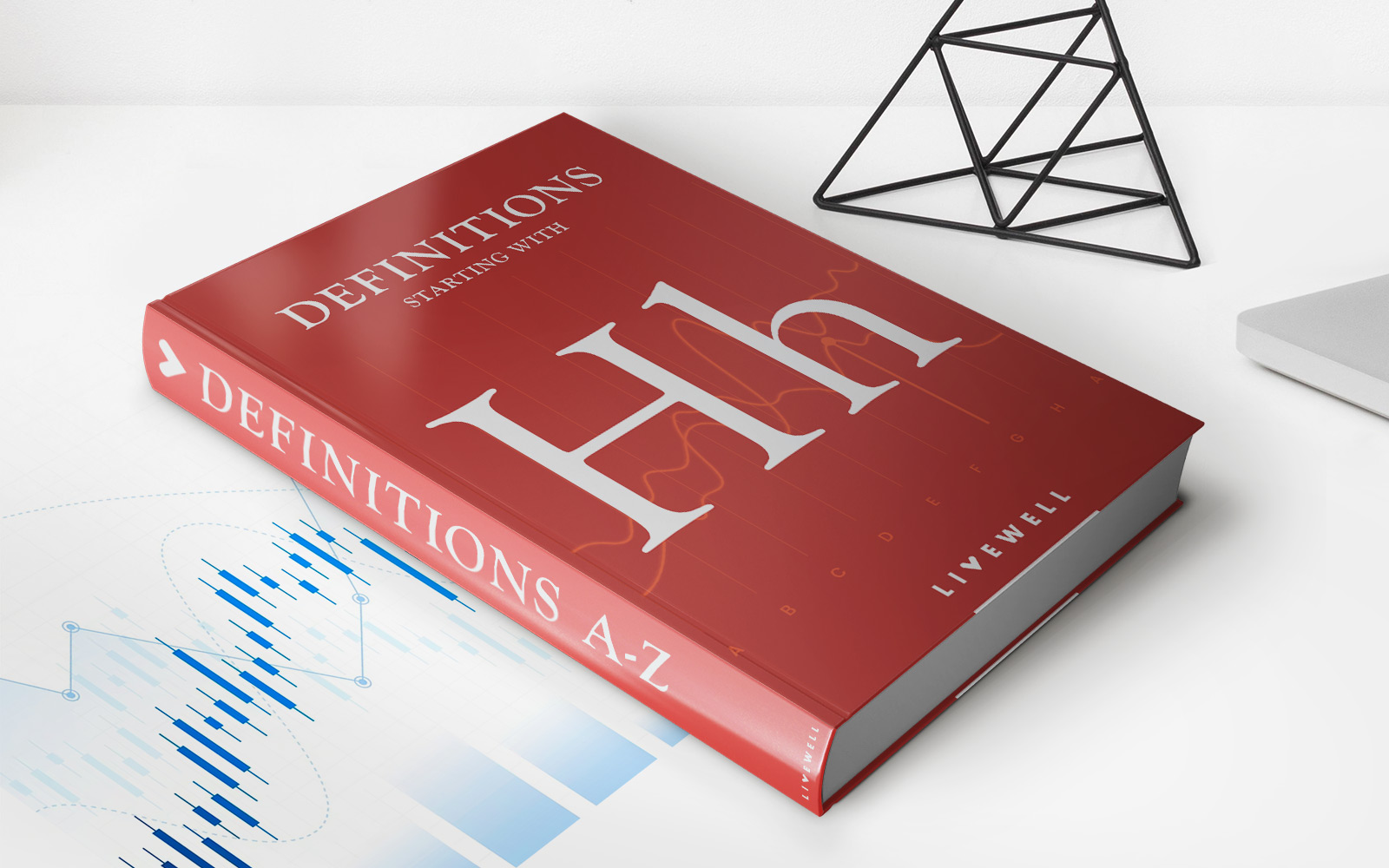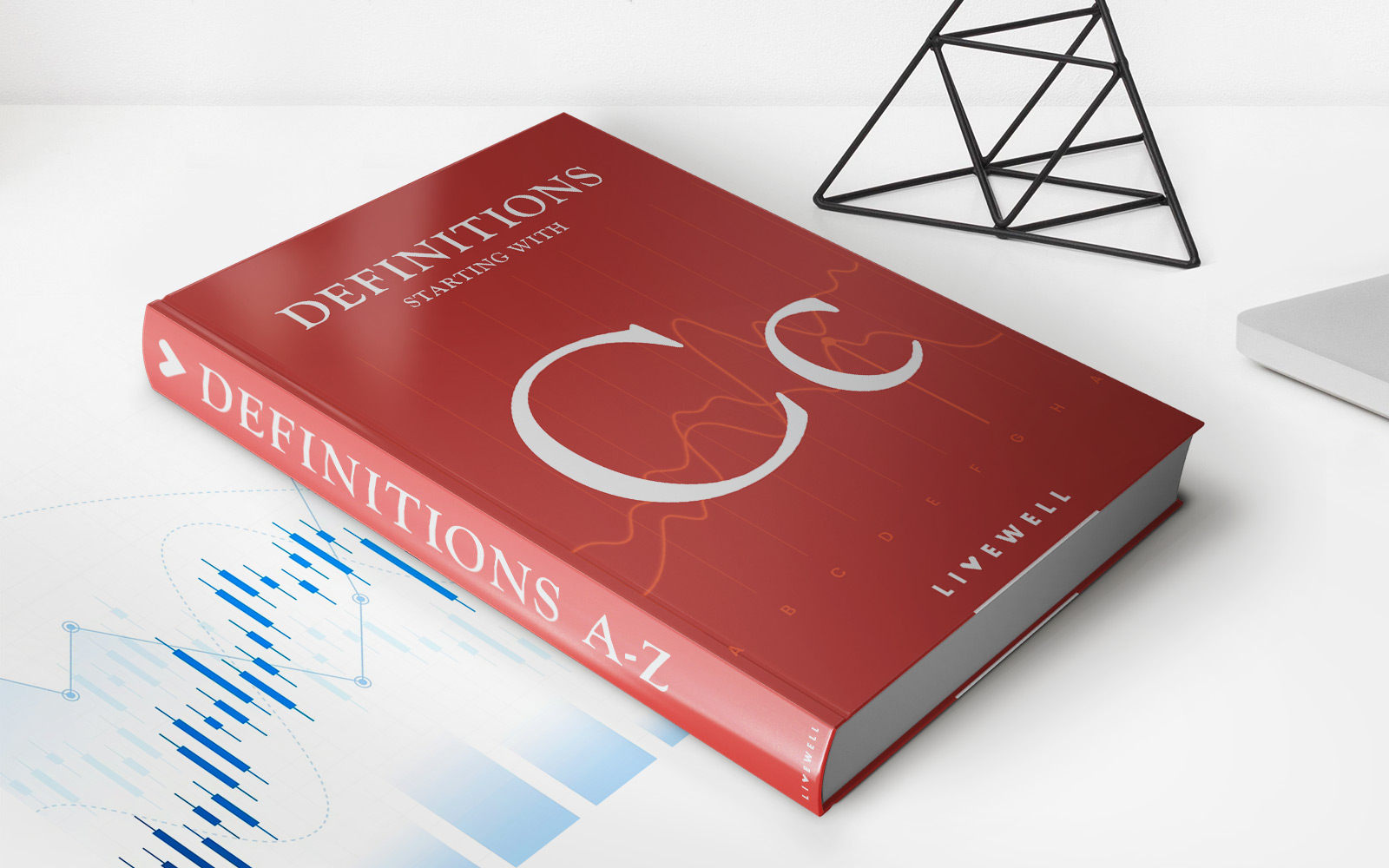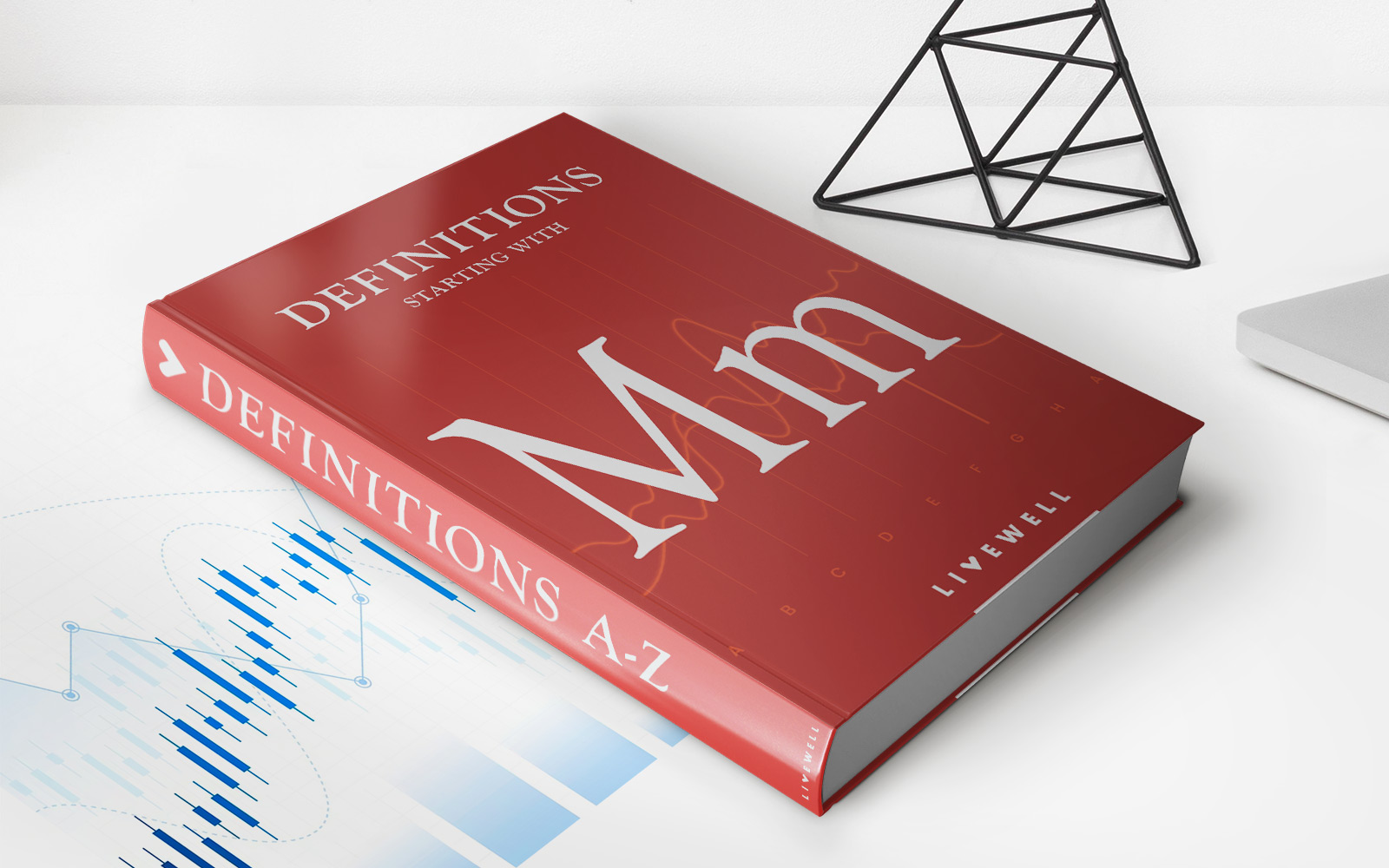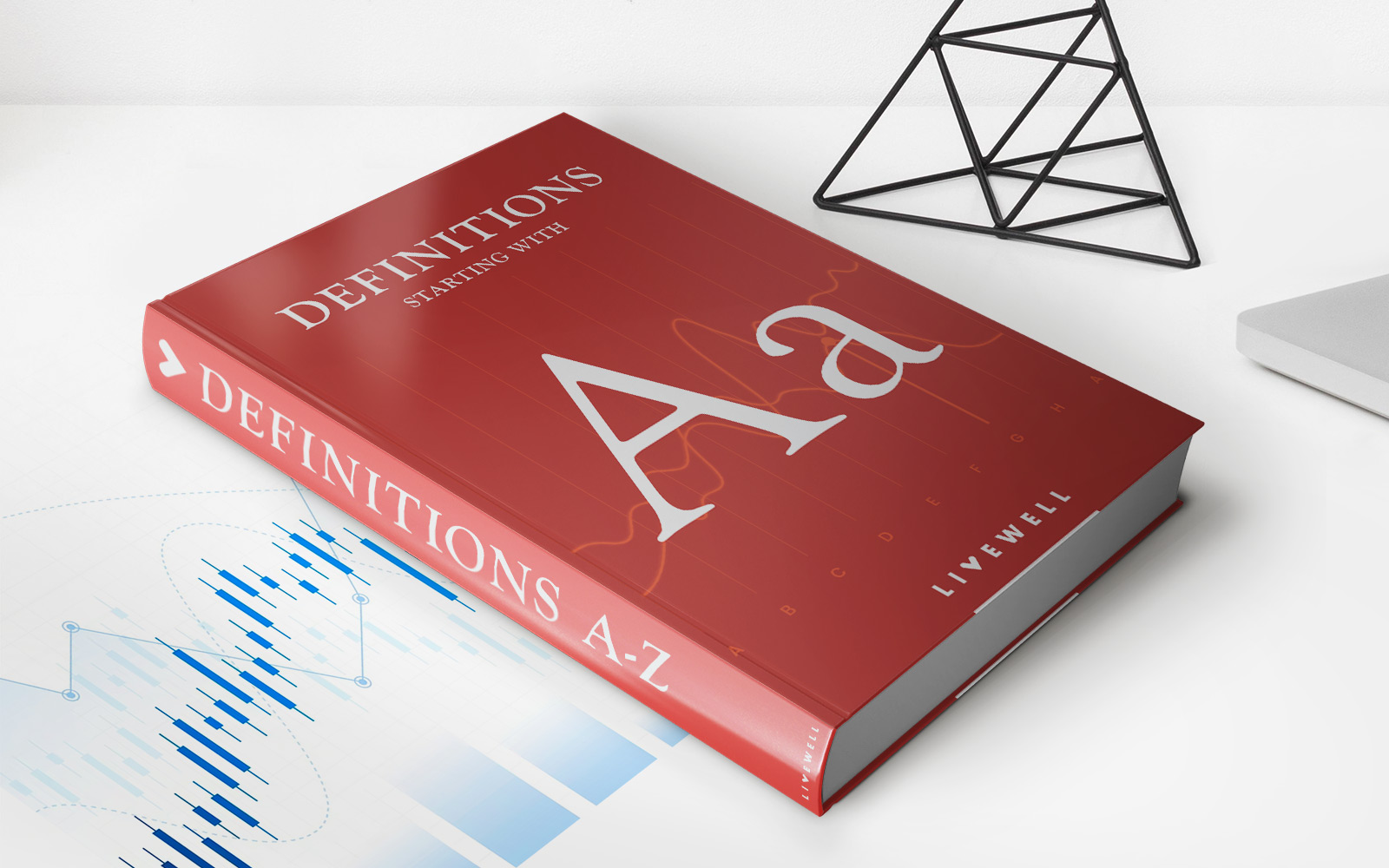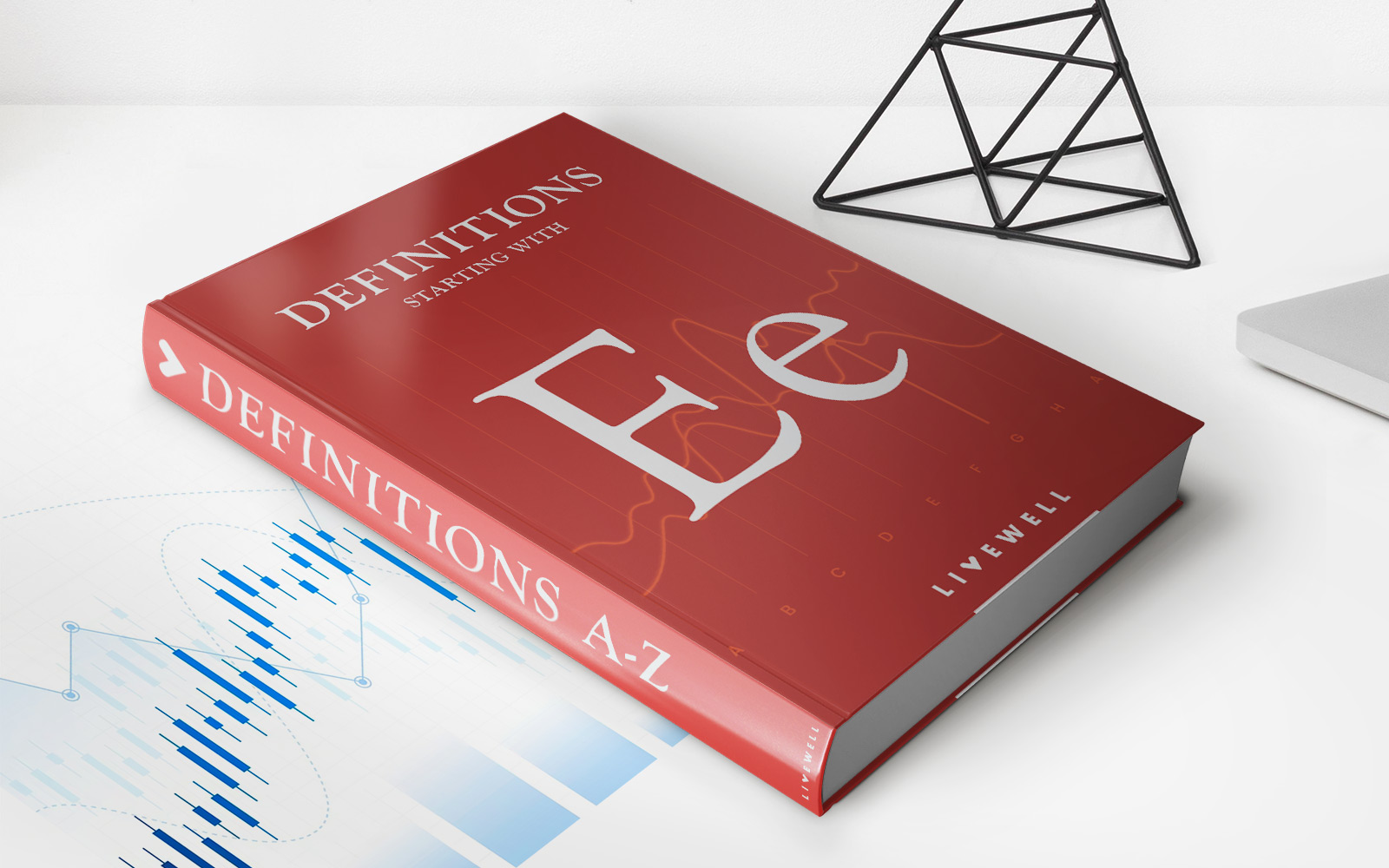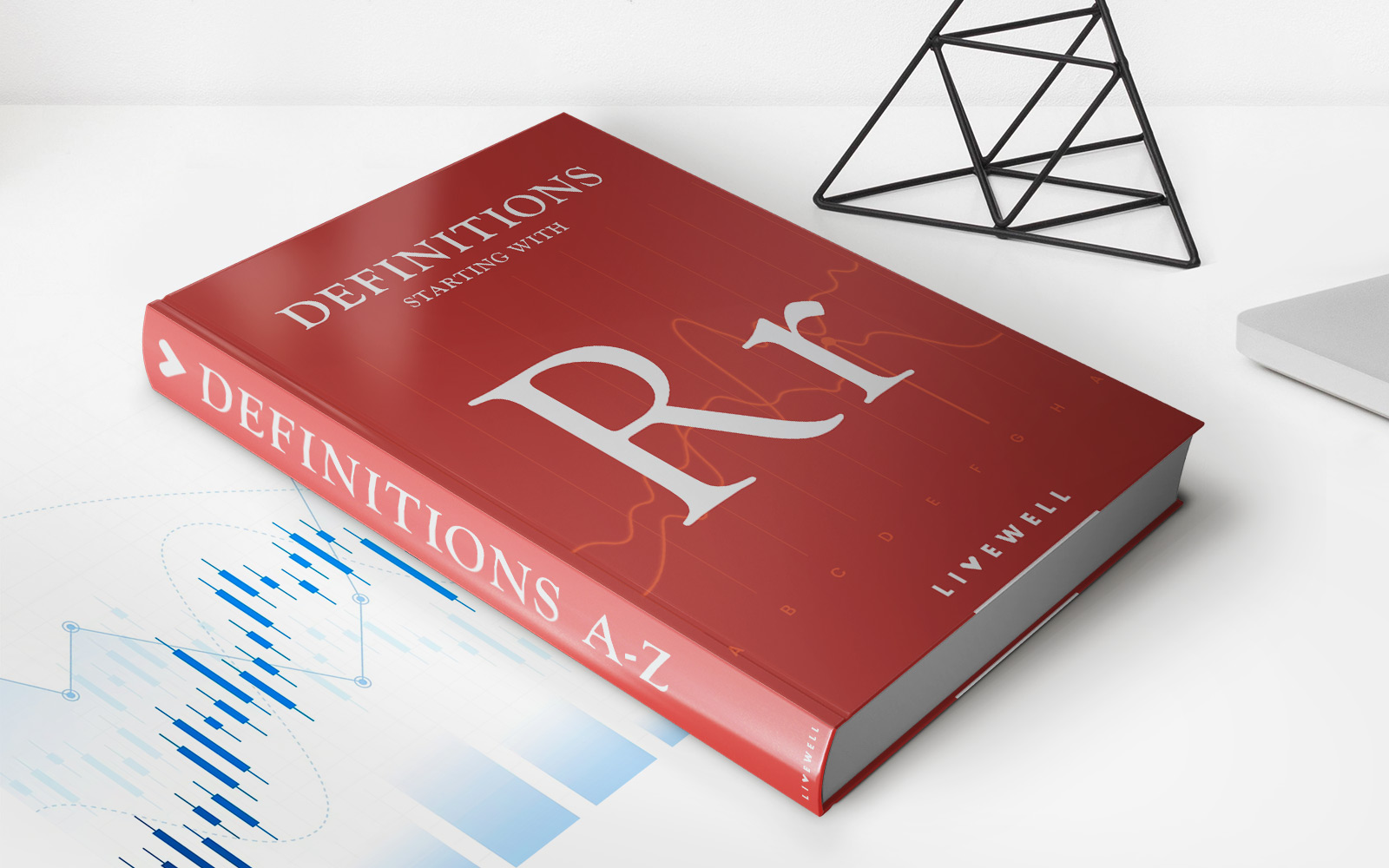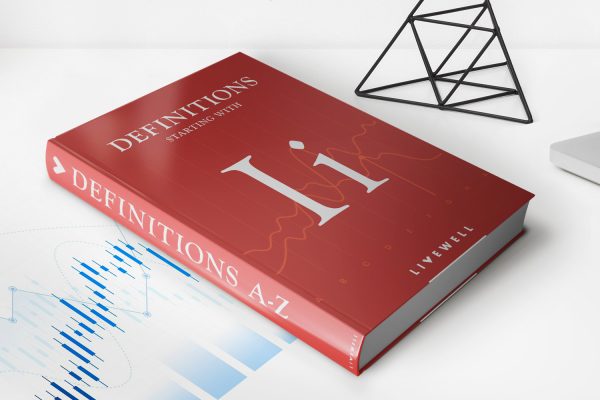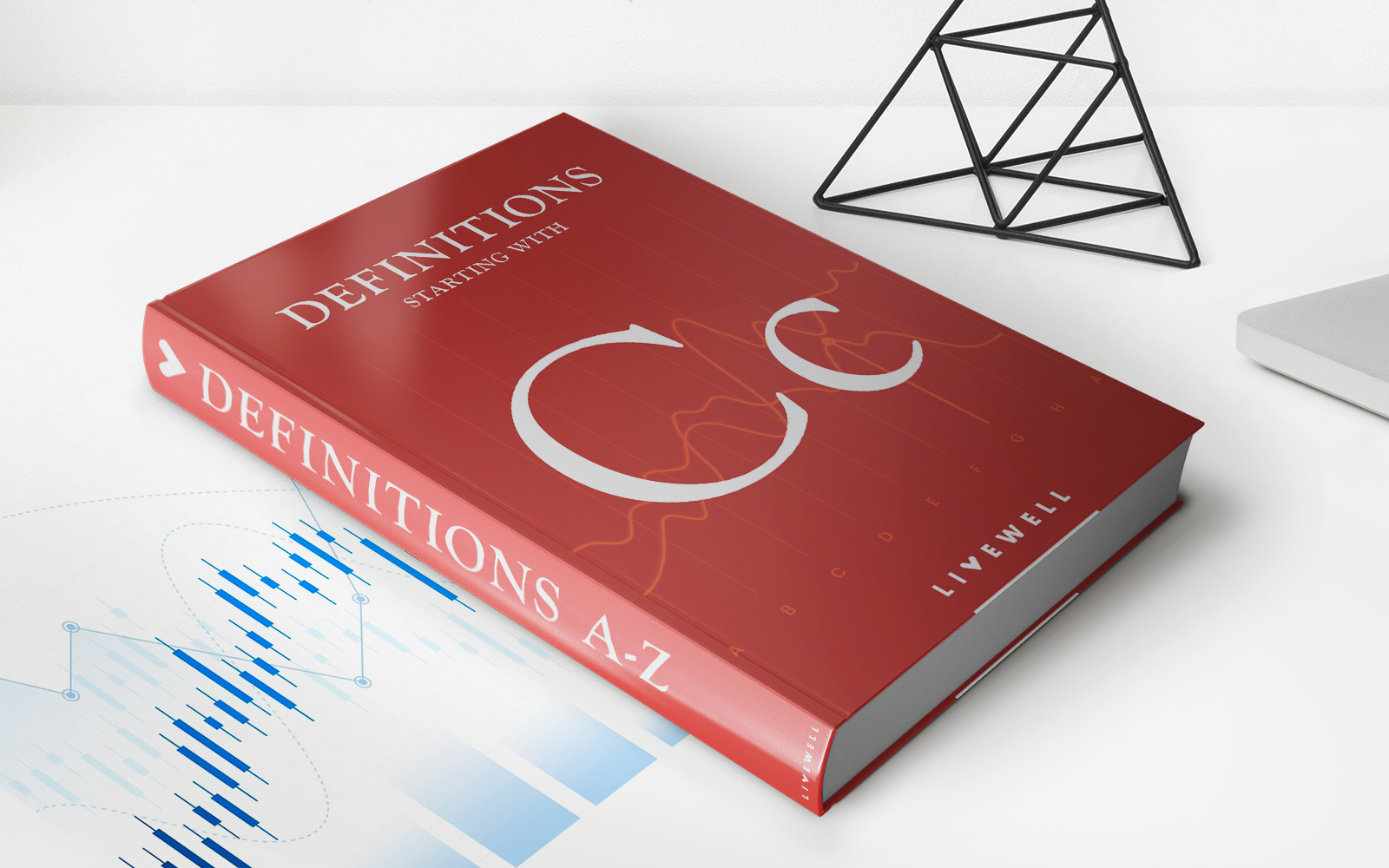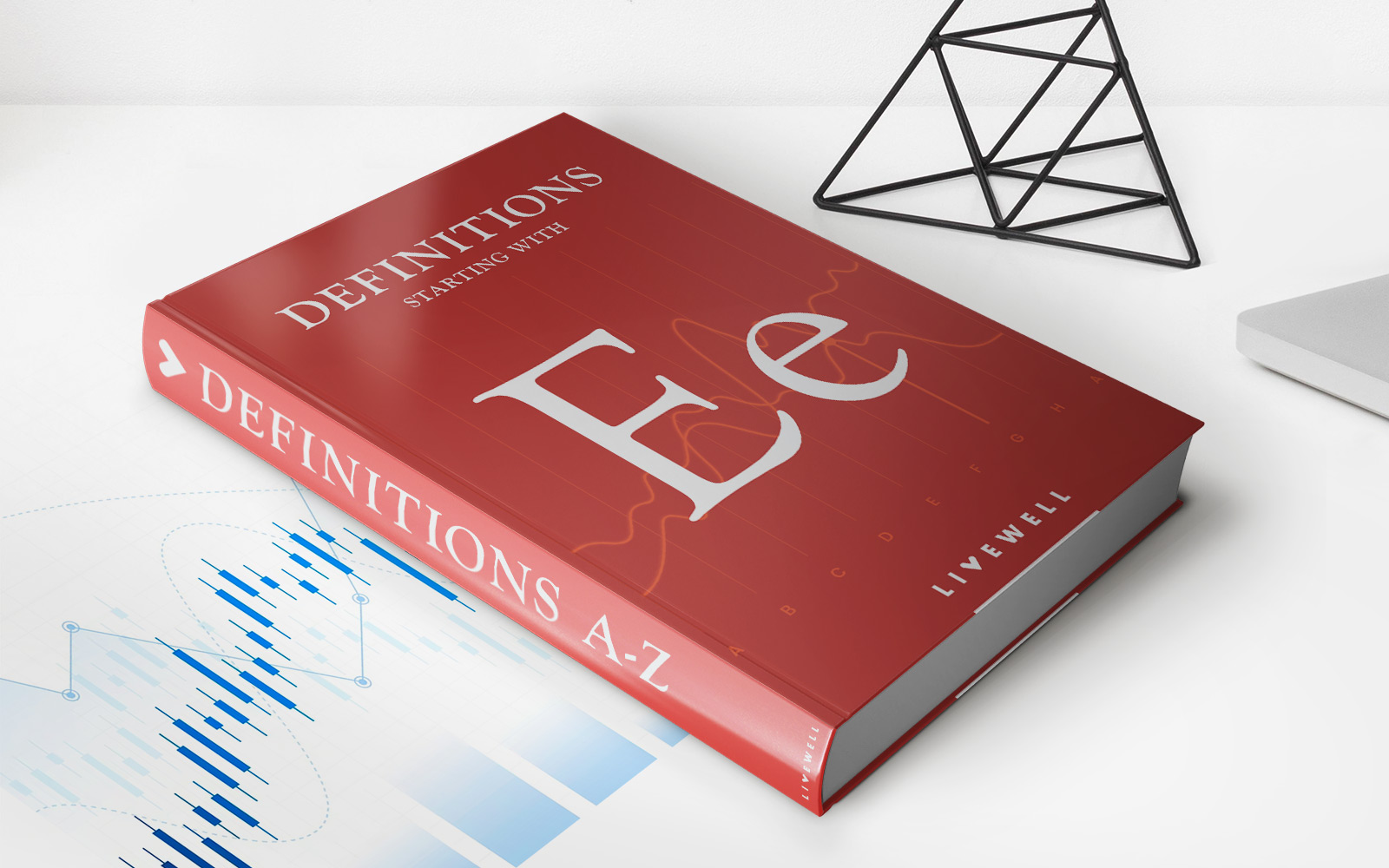

Finance
Entity-Purchase Agreement Definition
Published: November 18, 2023
Learn about the definition and importance of a purchase agreement in finance. Find out how this legal contract protects buyers and sellers.
(Many of the links in this article redirect to a specific reviewed product. Your purchase of these products through affiliate links helps to generate commission for LiveWell, at no extra cost. Learn more)
Understanding Entity-Purchase Agreement in Finance
Finance can be a complex subject, and it’s important to have a solid understanding of various concepts to make informed decisions. One such concept is the entity-purchase agreement, which plays a significant role in certain financial transactions. In this blog post, we will explore what an entity-purchase agreement is, its definition, and how it can impact your financial endeavors.
Key Takeaways:
- An entity-purchase agreement, also known as a stock redemption agreement, is a legally binding contract that outlines the terms and conditions for the sale of a company’s stock or ownership interest.
- This agreement allows an entity, such as a corporation or partnership, to repurchase stock or interests from one or more of its owners.
Now, let’s dive into the details and understand the entity-purchase agreement in more depth.
What is an Entity-Purchase Agreement?
An entity-purchase agreement, sometimes referred to as a stock redemption agreement, is a contractual agreement between an entity (such as a corporation) and its shareholders or partners. This agreement stipulates that if a specific event occurs, like the death, disability, or retirement of a shareholder or partner, the entity is obligated to repurchase the stock or ownership interest from the affected individual or their estate.
The entity-purchase agreement is typically funded by a life insurance policy or a dedicated cash reserve established by the entity. It ensures that the entity maintains control and continuity by providing a mechanism for the orderly transfer of ownership. Essentially, it allows the entity to protect itself from potential disruptions in case of certain events impacting the shareholders or partners.
By having an entity-purchase agreement in place, all parties involved, including the entity and its shareholders or partners, have clear guidelines and expectations for the transfer of ownership interests. This agreement facilitates a smooth transition and minimizes potential conflicts or disputes among the parties.
Benefits of an Entity-Purchase Agreement
Now that we understand what an entity-purchase agreement is, let’s explore the key benefits it offers:
- Preserving Control: An entity-purchase agreement ensures that the entity remains in control by allowing it to repurchase stock or interests from shareholders or partners during certain events. This helps maintain stability and continuity within the organization.
- Providing Financial Security: By having a dedicated cash reserve or life insurance policy funding the entity-purchase agreement, the entity can have the necessary funds to execute the buyback, preventing potential financial strains.
- Facilitating Smooth Transitions: With clear guidelines outlined in the agreement, the transfer of ownership interests can be carried out smoothly, minimizing conflicts and disputes among the parties involved.
Ultimately, an entity-purchase agreement acts as a protection mechanism for both the entity and its shareholders or partners. It ensures fair treatment, financial security, and a streamlined transition process in the face of unforeseen events.
Understanding the entity-purchase agreement definition is crucial, particularly if you are considering investing in or running a business entity. By having a solid grasp of this concept, you can make informed decisions and protect your interests as you navigate the dynamic world of finance.
